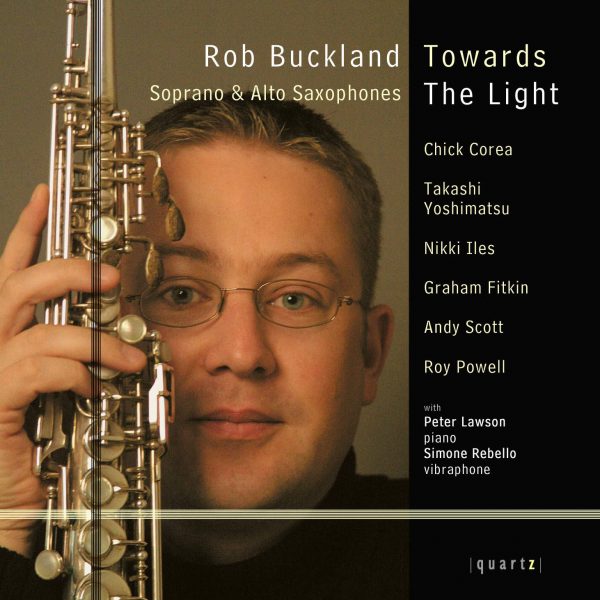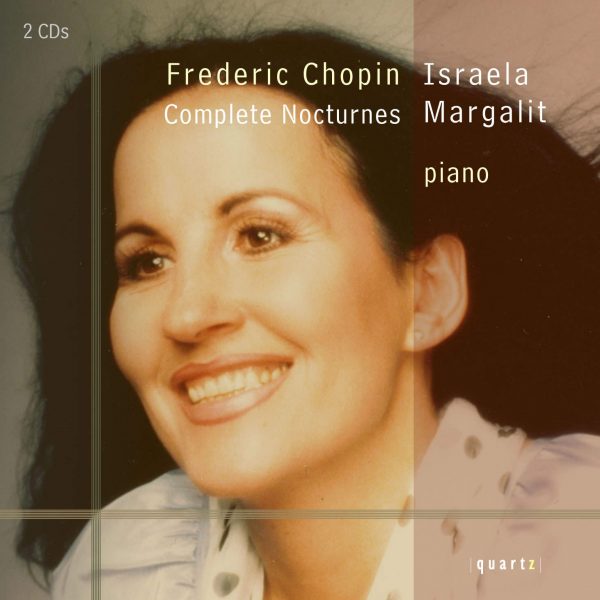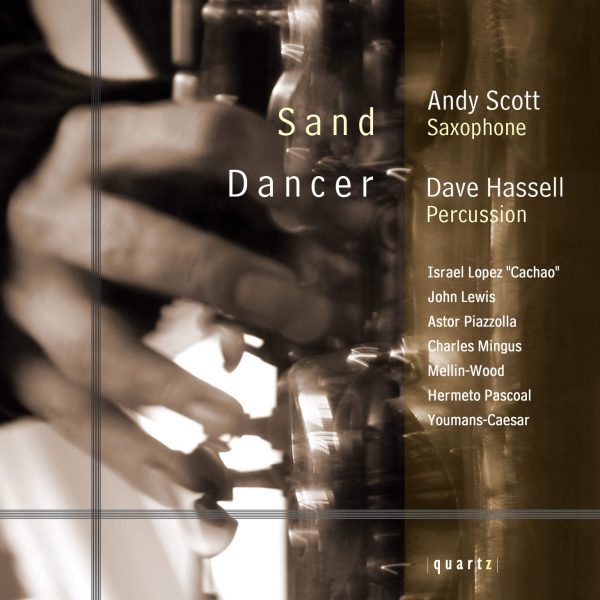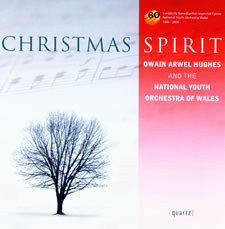Melodies Passageres
£4.99 – £11.99
The Songs of Samuel Barber
MéLODIES PASSAGÈRES OP.27
1 Puisque tout passe 1’33
2 Un cygne 2’32
3 Tombeau dans un parc 1’54
4 Le clocher chante 1’22
5 Départ 2’08
6 NUVOLETTA OP.25 5’20
THREE SONGS OP.10
7 Rain Has Fallen 2’33
8 Sleep Now 3’07
9 I Hear an Army 2’35
FOUR SONGS OP.13
10 A Nun Takes the Veil (Heaven-Haven) 1’31
11 The Secrets of the Old 1’19
12 Sure on This Shining Night 2’24
13 Nocturne 3’46
DESPITE AND STILL OP.41
14 A Last Song 2’06
15 My Lizard (Wish for a Young Love) 1’03
16 In the Wilderness 3’13
17 Solitary Hotel 2’41
18 Despite and Still 1’31
HERMIT SONGS OP.29
19 At Saint Patrick’s Purgatory 1’31
20 Church Bell at Night 0’57
21 Saint Ita’s Vision 3’23
22 The Heavenly Banquet 1’14
23 The Crucifixion 2’03
24 Sea-Snatch 0’39
25 Promiscuity 0’52
26 The Monk and His Cat 2’27
27 The Praises of God 0’58
28 The Desire for Hermitage 3’56
About This Recording
Dear Mother: I have written this to tell you my worrying secret. Now don’t cry when you read it because it is neither yours nor my fault. I suppose I will have to tell it now without any nonsense. To begin with I was not meant to be an athlete. I was meant to be a composer, and will be I’m sure. I’ll ask you one more thing. Don’t ask me to try to forget this unpleasant thing and go and play football, please. Sometimes I’ve been worrying about this so much that it makes me mad (not very), Love, Sam Barber II
Samuel Barber, aged 9
Samuel Barber’s parents had hoped he would follow his father into the medical profession, but his burgeoning musical ability – and acute awareness of it, even at a young age – soon took over. It was Barber’s aunt and uncle who first recognised the extent of the boy’s musical abilities. Barber’s aunt, Louise Homer, his mother’s sister, was the most celebrated contralto of the day, and her husband Sidney Homer wrote a number of highly successful songs. Barber explained that “writing songs just seemed a natural thing to do.”
Barber himself had a fine baritone voice, studying singing as well as composition and piano at the Curtis Institute in Philadelphia. Throughout his career, Barber’s instinct for vocal shaping would inform his output; half of his published compositions are vocal, and even his instrumental works frequently possess a lyrical, cantabile quality. Furthermore, Barber’s partner, Gian Carlo Menotti (1911-2007), was also a skilful composer of vocal music, and the pair undeniably influenced one another. In 1964, Menotti argued: “There is a certain indolence towards the use of the voice today, a tendency to treat the voice instrumentally, as if composers feared that its texture is too expressive, too human”. This emotive humanity is not something Barber himself shied away from; on the contrary, as both composer and lyricist he was able to cut to the heart of a subject with both concision and beauty.
Mélodies passagères for voice and piano Op.27 (1950–1951)(text: Rainer Maria Rilke)i Puisque tout passeii Un cygneiii Tombeau dans un parc
The French translations of Rilke’s poetry drew from Barber both vocal sensuality and pianistic fluidity, qualities abundant in Puisque tout passe and Un cygne. Tombeau dans un parc has a luminous sonority, accentuated by Barber’s use of Debussy style open fifths, which also feature in Le clocher chante, with its carillon-like piano accompaniment and soaring vocal line. Départ opens with clashing semitones and a slow-moving vocal part, building to rich, expressionistic harmonies and passionate outpourings redolent of Schoenberg and Berg.
Nuvoletta, Op.25 (1947)(text: from Finnegans Wake by James Joyce)
Barber’s longest song, Nuvoletta, has a capricious, flirtatious quality not unlike Kurt Weill, with a waltz theme which anticipates Barber’s Souvenirs of 1953. The words to Nuvoletta are from Joyce’s Finnegans Wake, and describe Nuvoletta Isabel-Issy playing out one of her death scenes. Having already found inspiration in Joyce’s words for his Three Songs of 1936, it is perhaps no surprise that Barber returned to the writer’s work several times. Indeed, Barber was an avid reader of Joyce, using words from Ulysses for the song Solitary Hotel – also included in this collection – as well as composing another work inspired by Finnegans Wake, entitled Fadograph of a Yestern Scene, in 1971. In Joyce’s writing there is a particular mixture of gaiety and sadness, a combination which appealed to Barber. In Nuvoletta, Barber enhances the song’s natural humour with musical jokes, including allusions to Wagner’s famous Tristan chord.
Three Songs for voice and piano Op.10 (1936)(text: James Joyce)i Rain Has Fallenii Sleep Nowiii I Hear an Army
For the Three Songs, Op.10 (1936) Barber chose to set texts by James Joyce, a writer to whose works he would return several times, apparently undaunted by their stream-ofconsciousness style. In Rain Has Fallen the mysterious, delicate piano part evokes water droplets without being crudely pictorial; Barber weaves a richly-harmonised piano texture around the beautifully judged soprano line. Sleep Now is one of six love poems from James Joyce’s Chamber Music. Barber wrote the music for this song in 1935, while he was a fellow at the American Academy in Rome. The quiet opening is contrasted with powerful piano gestures and a wide-ranging, demanding soprano line to convey the threat of winter. There is an operatic, rhetorical repetition of “Sleep no more”, before a sweeter, softer conclusion. I Hear an Army was on a more ambitious scale than any previous songs Barber had attempted, the work’s sense of menace created using chromatic twists in the vocal line and imposing piano gestures.
Four Songs for voice and piano Op.13i A Nun Takes the Veil (Heaven-Haven) (1937) (text: Gerard Manley Hopkins)ii The Secrets of the Old (1938) (text: W. B. Yeats)iii Sure on this Shining Night (1938) (text: James Agee)vi Nocturne (1940) (text: Frederic Prokosch)
Barber’s Four Songs, Op.13, were wrtten between 1937 and 1940. In A Nun Takes the Veil the piano’s expansive chords support the soprano’s intimate, moving testimony: “I have asked to be / Where no storms come”. For The Secrets of the Old Barber employs shifts in meter to create rhythmical interest, with an agile, dancing vocal line. In one of Barber’s most sublime songs, Sure on this Shining Night, a sensitive accompaniment and wonderfully expressive vocal line combine to convey Agee’s poetry with exquisite, wistful grace.
Nocturne, written in 1940, sets a sensuous love poem by American poet Frederic Prokosch. Barber admitted that he was “not very keen about the text” but that the music itself “just popped out”. Whatever Barber’s reservations about Prokosch’s words, the song is beautiful: the piano’s opening and closing bars pay homage to the piano nocturnes of Chopin and Field, and its enriched texture caresses the soprano’s seductive vocal line.
Despite and Still for voice and piano Op.41 (1968–1969)i A Last Song (text: Robert Graves)ii My Lizard (Wish for a Young Love)(text: Theodore Roethke)iii In the Wilderness (text: Robert Graves)Barber’s broad literary taste is demonstrated by his choice of texts for Despite and Still, Op.41, which uses three poems by Robert Graves, one by Theodore Roethke and material from no less a work than Ulysses by James Joyce. A Last Song sets Graves’ A Last Poem to a passionate, uncompromising soprano line, with complex harmonies expressing a deep sense of despair: “Shall I never hear her whisper softly: / ‘But this is truth written by you only, / And for me only; therefore, love, have done’?” In My Lizard, the piano’s constantly flowing rhythm adds to the song’s sense of urging forward momentum, halting abruptly at the last moment. In the Wilderness begins and ends with folk-like melodies, redolent of Vaughan Williams, but the central section’s jaunty rhythms and deep piano writing add a modern flavour more typical of Barber’s style. Solitary Hotel, which again uses words by Joyce, has a sensual, slow tango rhythm in the piano, giving off an air of tired decadence like stale perfume. The ending is a master-stroke: Barber leaves the vocal line suspended in mid-air, the piano offering only a partial sense of resolution. Barber leaves Graves’ proposition hanging – that he and his love “still might share / This happy will: / To love despite and still.”
Hermit Songs for voice and piano Op.29 (1953)(using anon. 8th–13th-century Irish texts)St. Ita’s VisionThe Heavenly BanquetThe CrucifixionSea-SnatchThe Barbers’ family cook, Annie Sullivan, was Irish, and it was through her, and his uncle, that Barber came to love Gaelic literature. After a trip to Donegal in 1952, Barber wrote his Hermit Songs, using private notes written by religious scholars between the 8th and 13th centuries. As Barber put it: These were extraordinary men, monks or hermits or what not, and they wrote these little poems on the corners of MSS [manuscripts] they were illuminating or just copying. I find them very direct, unspoiled and often curiously contemporaneous in feeling. The cycle was composed between November 1952 and January 1953 to meet a commission from the Elizabeth Sprague Coolidge Foundation at Washington’s Library of Congress, where it was premièred on 30 October 1953. The Hermit Songs are distinctive for their lack of time signatures, allowing the singer to convey the poetry’s nuances with rhythmic freedom. Barber also employed open, quartal harmonies, lending the songs an ancient quality. Saint Ita’s Vision exudes an exquisite purity, transporting the listener into a radiant atmosphere of reverence for the Christ-child. Heavenly Banquet is an optimistic anticipation of the feast in paradise, full of lively rhythms and vibrant, hopeful vocal writing. In contrast, Crucifixion is a meditative, poignant reflection of Christ on the cross. Sea-Snatch is as brief as its title suggests, full of rhythmic vitality; the music surges forwards with irrepressible momentum, whereas Promiscuity is an enigmatic reflection, all the more powerful for its fleeting brevity. The Monk and his Cat and The Praises of God are more playful, full of lilting, lively rhythms. Desire for Hermitage is, like its parallel, A Nun Takes the Veil, a slow, affecting meditation on the call to spiritual solitude.
Joanna Wyld, 2011
Track Listing
-
Samuel Barber
- Melodies Passageres Op 27 (i) Puisque tout passe
- Melodies Passageres Op 27 (ii) Un cygne
- Melodies Passageres Op 27 (iii) Tombea dans un parc
- Melodies Passageres Op 27 (iv) Le clocher chante
- Melodies Passageres Op 27 (v) Depart
- Nuvoletta
- Three Songs Op. 10 (i) Rain Has Fallen
- Three Songs Op. 10 (ii) Sleep Now
- Three Songs Op. 10 (iii) I Hear and Army
- Four Songs Op. 13 (i) A Nun Takes the Veil (Heaven-Haven)
- Four Songs Op. 13 (ii) The Secrets of the Old
- Four Songs Op. 13 (iii) Sure on this Shining Night
- Four Songs Op. 13 (iv) Nocturne
- Despite and Still Op. 41 (i) A Last Song
- Despite and Still Op. 41 (ii) My Lizard (Wish for a Young Love)
- Despite and Still Op. 41 (iii) In the Wilderness
- Despite and Still Op. 41 (iv) Solitary Hotel
- Despite and Still Op. 41 (v) Despite and Still
- Hermit Songs Op. 29 (i) At Saint Patrick's Purgatory
- Hermit Songs Op. 29 (ii) Church Bells at Night
- Hermit Songs Op. 29 (iii) Saint Ita's Vision
- Hermit Songs Op. 29 (iv) The Heavenly Banquet
- Hermit Songs Op. 29 (v) The Crucifixion
- Hermit Songs Op. 29 (vi) Sea-Snatch
- Hermit Songs Op. 29 (vii) Promiscuity
- Hermit Songs Op. 29 (viii) The Monk and his Cat
- Hermit Songs Op. 29 (ix) The Praises of God
- Hermit Songs Op. 29 (x) The Desire for Hermitage




